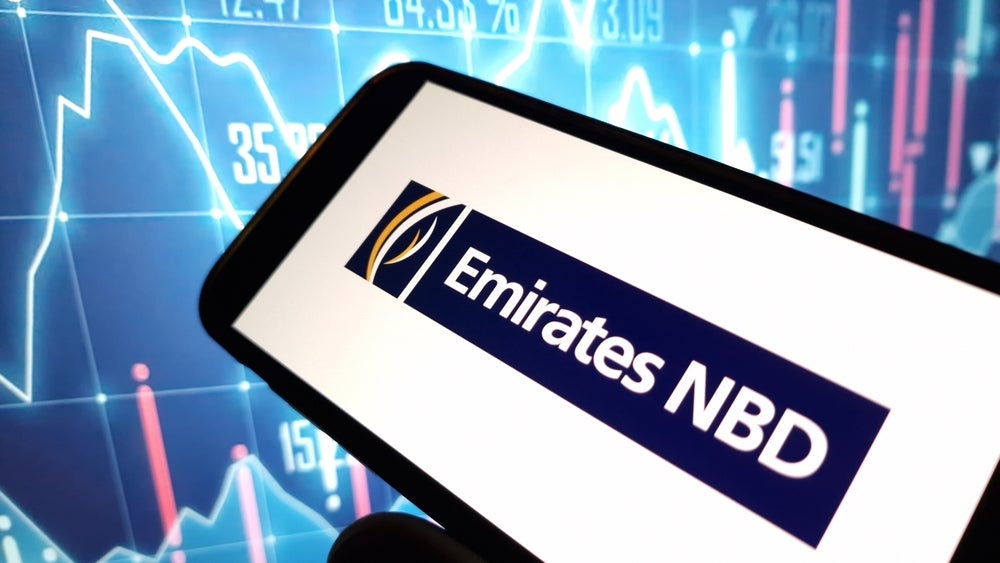It’s slightly frustrating that Apple chose not to publish independent figures for the sales of its most controversial product – the Watch – during its quarterly financial report on 21 July 2015. Franchesca Hashemi writes
Were we surprised? Not really, given the wide-spread speculation that sales had been stalling as the launch hype wore off.
What should be remembered, though, is that the Cupertino-based tech firm’s quarterly revenue hit $49.6bn and made a profit of $10.7bn for Q3 2015.
Forget the Watch for a moment and contrast Apple’s recent financial results with the same period one year ago, and you’ll find a far lesser $37.4bn revenue and $7.7bn profit.
Yet that brings Apple’s finances to another juncture: overreliance of iPhone sales, apparently. The company sold 47.5 million iPhones, up from 35 million during the same period last year. This is a staggering a 59% increase.
Interestingly, or worryingly for investors, despite the increase in Apple’s revenues, its shares slumped by 7% and removed $60bn from its market value soon after this quarter’s report was published- this was during afterhours trading, according to the Wall Street Journal. The same report concluded that one day later on 22 July 2015, the company’s shares had gained some traction however were still down by 5.2%.
It was only six weeks ago the BGC senior analyst and go-to Apple critic Colin Gillis had warned of Apple’s fragility to stock holders due to the domination of iPhone sales.
As quoted in CNBC, Gillis described the iPhone as a "liability" as technology trends remain "fickle".
Gillis’ analysis proves spot on, as Apple sold a whopping 47.5 million iPhones, up from 35 million during the same quarter last year. This marks a 59% increase in iPhone sales, yet the figure remains short of the additional 1.5 million handsets that Wall Street predicted Apple would sell.
Yet CEO Tom Cook wowed the report’s press conference with optimistic statistics: China, as a key iPhone market, boasted revenues of $13.2bn for the quarter.
However, with the almost-imminent launch of a new iPhone model, will China as the up-and-coming region buy into its launch? Only the next quarter and the first four months of 2016 will tell.
Cook also reported in the financial statement that it had been an "amazing" time for his company, in part due to "strong" iPhone sales.
Apple’s CEO also listed the company’s all-time record revenue for services ($3.2bn), driven by the App Store.
Cook said: "The excitement for Apple Music has been incredible, and we’re looking forward to releasing iOS 9, OS X El Capitan and watchOS 2 to customers in the fall."
Alas, the much anticipated figures for Apple Watch remain a relative mystery, as the technology giant places it in the ‘Other Products’ category alongside Apple TV, Beats headphones, iPods and other items. ‘Other Products’ did however make nearly $3bn in revenue, with Apple’s CEO Tim Cook referencing the Apple Watch as having a "great start" that "exceeded expectations".
Thus the lesson, as championed by Gillis, is that expectations have to meet actual output. But with a lack of Watch figures to draw on, and an overreliance on iPhones, where does that leave Apple the tech giant? Predicting its own future, the company closed it financial results announcement by estimating it will make $49bn- $51bn by the last quarter of 2015.







